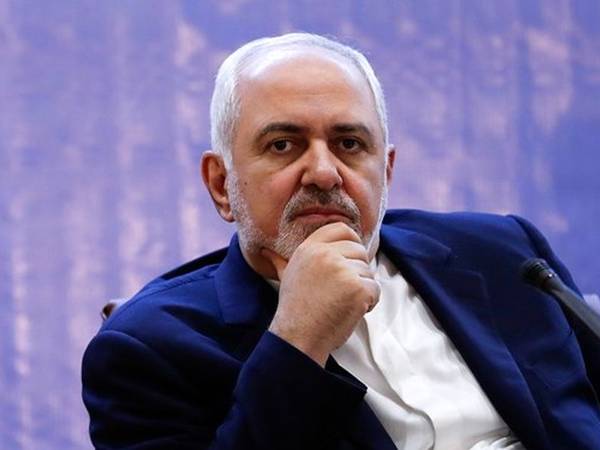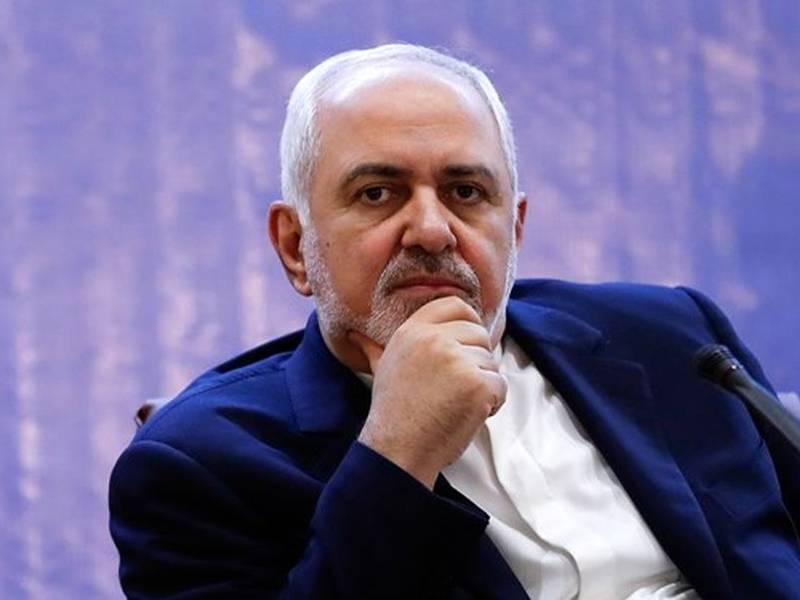Iran's former Foreign Minister Mohammad Javad Zarif claims the next two years will be a pivotal and sensitive period for the nation as it moves beyond sanctions.
Emboldened as the United Nations Security Council lifted its ban on Iran’s missile program, removing barriers for the clerical regime to sell dangerous technologies, he said that by the year 2025, Iran will no longer be under consideration by the United Nations Security Council, rendering the reinstatement of resolutions improbable.
Zarif said in a recent interview with the semi-official ISNA news agency that "starting from 2025, any country desiring to propose a resolution against Iran must adhere to the established process for such matters."
The United Nations has recently conveyed to various nations the removal of restrictions on Iran's missile program, effectively eliminating impediments that prevented the Iranian government from engaging in the sale of potentially dangerous technologies.
In a UN letter, it was conveyed that “The Secretariat removed on 19 October 2023 from the Security Council website the list of 23 individuals and 61 entities subject to the aforementioned restrictive measures.”
The action marked the termination of all provisions outlined in Annex B of UN Security Council Resolution 2231, which had previously restricted activities such as missile development, testing, and military applications. Resolution 2231 had previously endorsed the 2015 nuclear agreement between Iran and the P5+1 countries.
With these restrictions lifted, Iran is now legally able to generate revenue through the sale of missiles and drones. The profits may subsequently be utilized to fund various militant and terrorist groups across the Middle East, which could potentially lead to heightened instability and conflict in Eurasia and, potentially, Africa.

